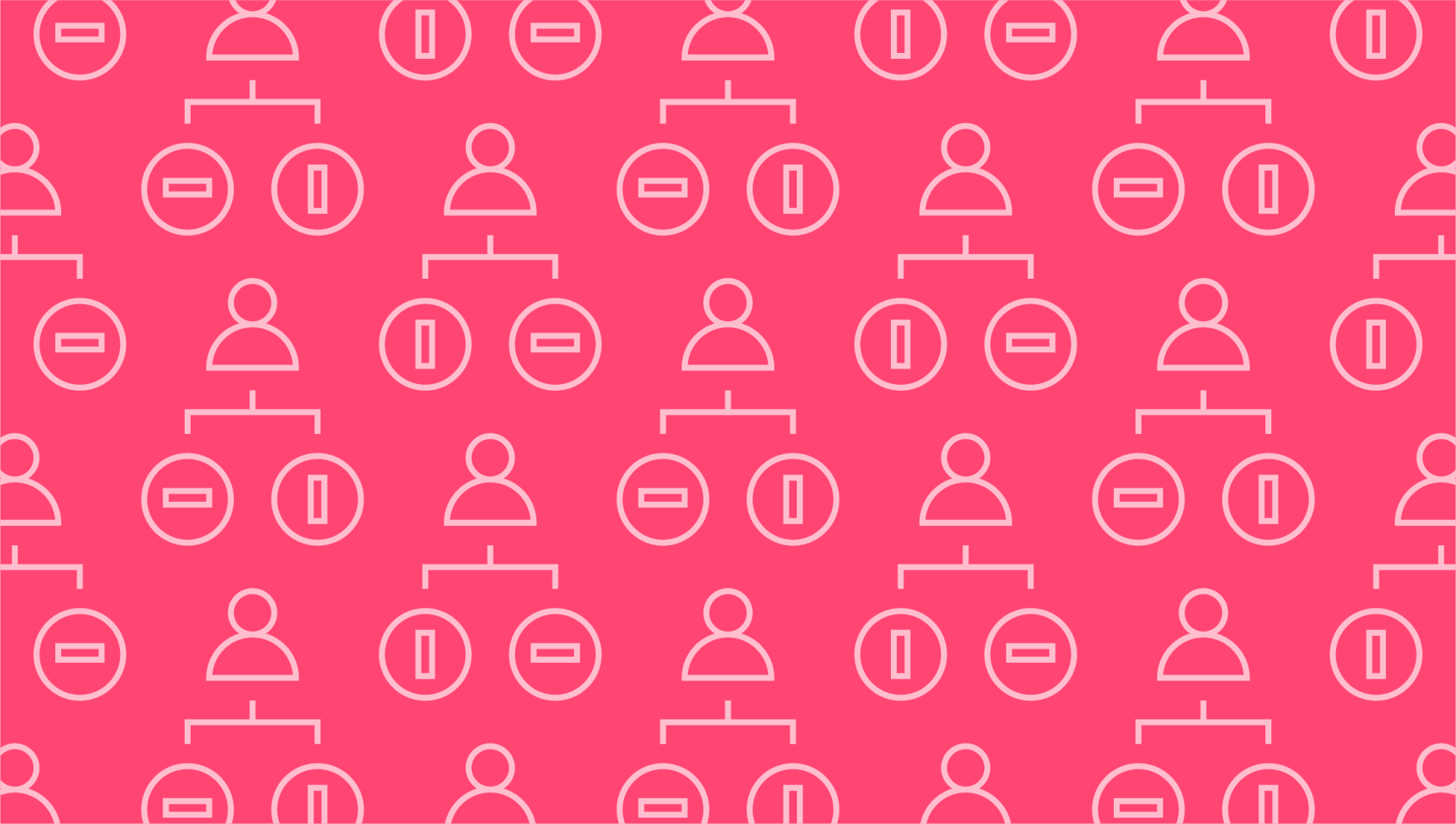Last editedJun 20213 min read
If you’re in the process of making multiple debt repayments each month, it might be worth considering debt consolidation. Figuring out how to consolidate credit card debt makes your debts much easier to track, for a more efficient repayment strategy. How does debt consolidation work, and what are your options?
How does debt consolidation work?
The concept of debt consolidation is simple; it takes multiple debts and rolls them into a single payment. It’s particularly helpful when you have high-interest debt on credit cards and loans. You might be juggling numerous bills each month, each with different interest rates, due dates, and payment amounts.
By consolidating these into a single payment plan, you can take advantage of lower interest rates to save money in the long term. It’s also easier to pay off your debt faster when you only have a single bill to take care of each month.
How to consolidate credit card debt
There are several options to choose from when you’re figuring out how to consolidate debt. The best option will depend on the type of debt you’re carrying, your credit rating, and your long-term financial goals.
1. Balance transfer credit card
Perhaps the easiest method when it comes to consolidating credit card debt is to use a balance transfer card. These offer a starting annual percentage rate (APR) of 0% for an introductory period, typically lasting between 12 and 24 months. You can transfer existing credit card debts to the new card, paying off as much as you can during the 0% APR introductory period to save on interest. Just be sure that the amount you’re transferring is lower than the credit limit and read the fine print carefully.
2. Home equity loan
Another option is to use existing equity in your house via a home equity loan or line of credit (HELOC). This gives you access to cash, which you can use to pay off other debts. Then you’ll only have your home equity loan to pay off, which usually comes with a more favorable interest rate. The downside of this method is that if you default on the payments, you put your home at risk. Due to this risk, be sure you’re able to comfortably manage your loan repayments before choosing this option.
3. Debt consolidation loan
If you have good credit and simply wish to take advantage of a lower APR, a debt consolidation loan might be a decent option to reduce debt. While a home equity loan uses your house as collateral, a debt consolidation loan is a personal, unsecured loan based on creditworthiness. What does this look like? Imagine you owe $5,000 in credit card debt with a sky-high APR of 26%. If you can take out a $5,000 consolidation loan with an interest rate of only 13%, you’ll halve the amount of interest you pay.
4. Debt management plan
What can you do if you have multiple outstanding loans and credit card bills? If you’re finding it difficult to manage your liabilities, a debt management plan can help. Debt management programs are arranged by credit counseling agencies, designed to help consumers struggling with unsecured debt. You’ll need to meet with a credit counselor to assess your finances first. The counselor will then contact your creditors to negotiate a manageable plan with lower interest rates, fees, and monthly payments.
5. Debt settlement
If your debts are simply too high to manage, even with a debt management plan, you might need to investigate debt settlement. This option will take a toll on your credit score, but it’s a final step before bankruptcy. This option works by negotiating payments with creditors for a lower amount than the full outstanding balance. Debt settlement agencies can do this on your behalf for a fee. One thing to keep in mind is that debt settlement not only shows up on your credit report, but you may also need to pay income tax on any forgiven debt.
Does debt consolidation impact your credit score?
Paying off debts is always good for your credit score, but some debt consolidation options are better than others. Here are a few ways that debt consolidation can impact your credit rating:
Applying for new debt consolidation loans and balance transfer credit cards can lead to a hard inquiry because the lender will check your credit history. This will temporarily lower your score.
Opening new accounts reduces your credit’s average age, which can also cause a temporary drop in your score.
If you keep your old credit accounts open after transferring your balances, you’ll decrease your credit utilization ratio which can give your score a boost. This means you have more open lines of credit than you’re using.
Debt settlement plans are likely to reduce your credit score because you’re not paying the full account balance. This will be reflected in your credit report.
As you can see, there are many factors to consider when it comes to consolidating debt. You should weigh your options carefully, both in terms of money saved and credit rating, before signing any new contracts.
We can help
GoCardless helps you automate payment collection, cutting down on the amount of admin your team needs to deal with when chasing invoices. Find out how GoCardless can help you with ad hoc payments or recurring payments.

